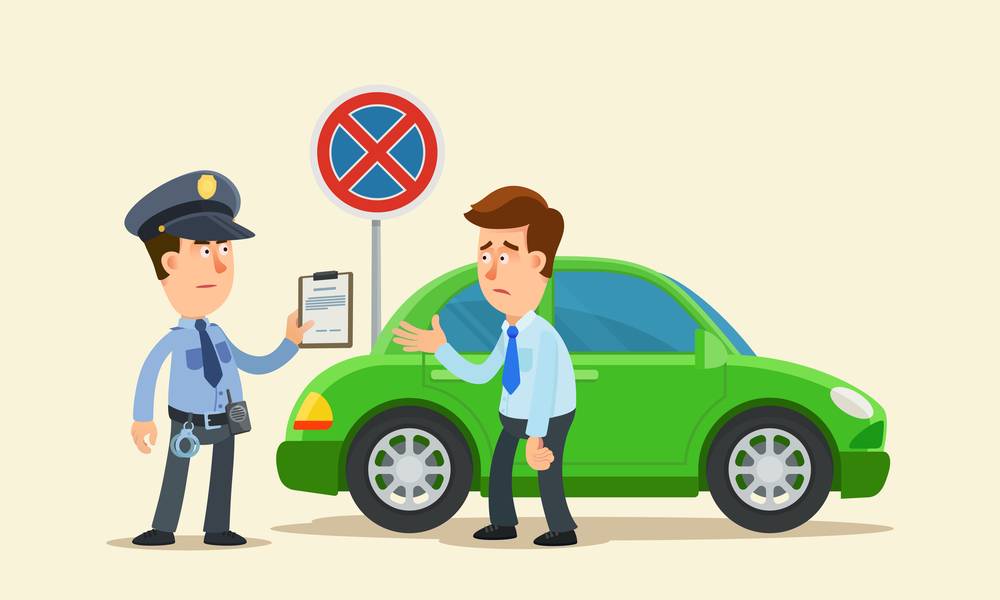Lemon laws are crucial legal safeguards designed to protect consumers from defective vehicles or products that fail to meet quality and performance standards. These laws ensure fair treatment and financial security, especially when dealing with significant purchases like cars. This article delves into what lemon laws are, how they work, and how you can use them to protect yourself from bad deals.
What Are Lemon Laws?
Lemon laws are consumer protection statutes enacted by federal and state governments. Their primary purpose is to provide remedies for buyers of vehicles and other products that fail to meet expected performance and quality standards. The term “lemon” refers to a product, typically a car, that has persistent defects despite multiple repair attempts.
Key Features of Lemon Laws
Lemon laws generally apply to new vehicles, but some states extend protection to used cars, leased vehicles, and other consumer goods. To qualify, the product must typically be covered under a warranty at the time of purchase. Manufacturers are given a reasonable number of attempts to repair the defect before the product is declared a lemon. If deemed a lemon, the buyer may be entitled to a replacement or a refund.
How Lemon Laws Work
Understanding Eligibility
To qualify for protection under lemon laws, the product must have a substantial defect that affects its safety, value, or usability. For vehicles, common issues include engine failure, brake problems, or transmission defects. These defects must arise during the warranty period.
Keeping Records
Detailed records are crucial for building a strong lemon law case. Keep copies of repair invoices, communications with the dealer or manufacturer, and the warranty terms. This documentation helps prove that the manufacturer was given adequate opportunities to resolve the issue.
Filing a Claim
If the manufacturer or dealer fails to resolve the defect after reasonable repair attempts, you can file a lemon law claim. This typically involves contacting the manufacturer directly, filing a complaint with your state’s consumer protection agency, or seeking legal assistance.
Steps to Protect Yourself from Bad Deals
Research Before You Buy
Understanding the reliability of the product or vehicle you are purchasing is vital. Research reviews, consumer reports, and recall histories to identify potential issues. Opt for products with comprehensive warranties and a reputation for reliability.
Inspect and Test Thoroughly
Before finalizing a purchase, thoroughly inspect and test the product. For vehicles, take it for a test drive and check for any unusual noises, vibrations, or performance issues. Ensure all systems, such as brakes and electronics, are functioning correctly.
Know Your Warranty Terms
Familiarize yourself with the warranty terms, including what it covers and the duration of coverage. This knowledge is essential if you need to make a claim under the lemon law.
Act Quickly
If you suspect a defect, report it immediately to the dealer or manufacturer. Delaying action may limit your legal options or disqualify you from lemon law protection.
Seek Legal Advice
If the manufacturer denies your claim or fails to address the defect, consider consulting a lemon law attorney. These professionals can guide you through the legal process and ensure you receive fair compensation.
Common Misconceptions About Lemon Laws
Many people believe lemon laws only apply to new cars. While this is often true, some states have extended protections to used and leased vehicles. Another misconception is that a product must be entirely unusable to qualify. In reality, any significant defect that impacts safety, value, or functionality can qualify under lemon laws.
Conclusion
Lemon laws are a vital tool for protecting consumers from defective products. By understanding these laws, keeping detailed records, and taking swift action, you can safeguard yourself from bad deals. Whether you are purchasing a car or any other major product, being informed about your rights ensures you are prepared to handle any issues that arise.





